Multimedia
Chasing Sunshine: Teen Loneliness and Tips for Beating the Summer Blues
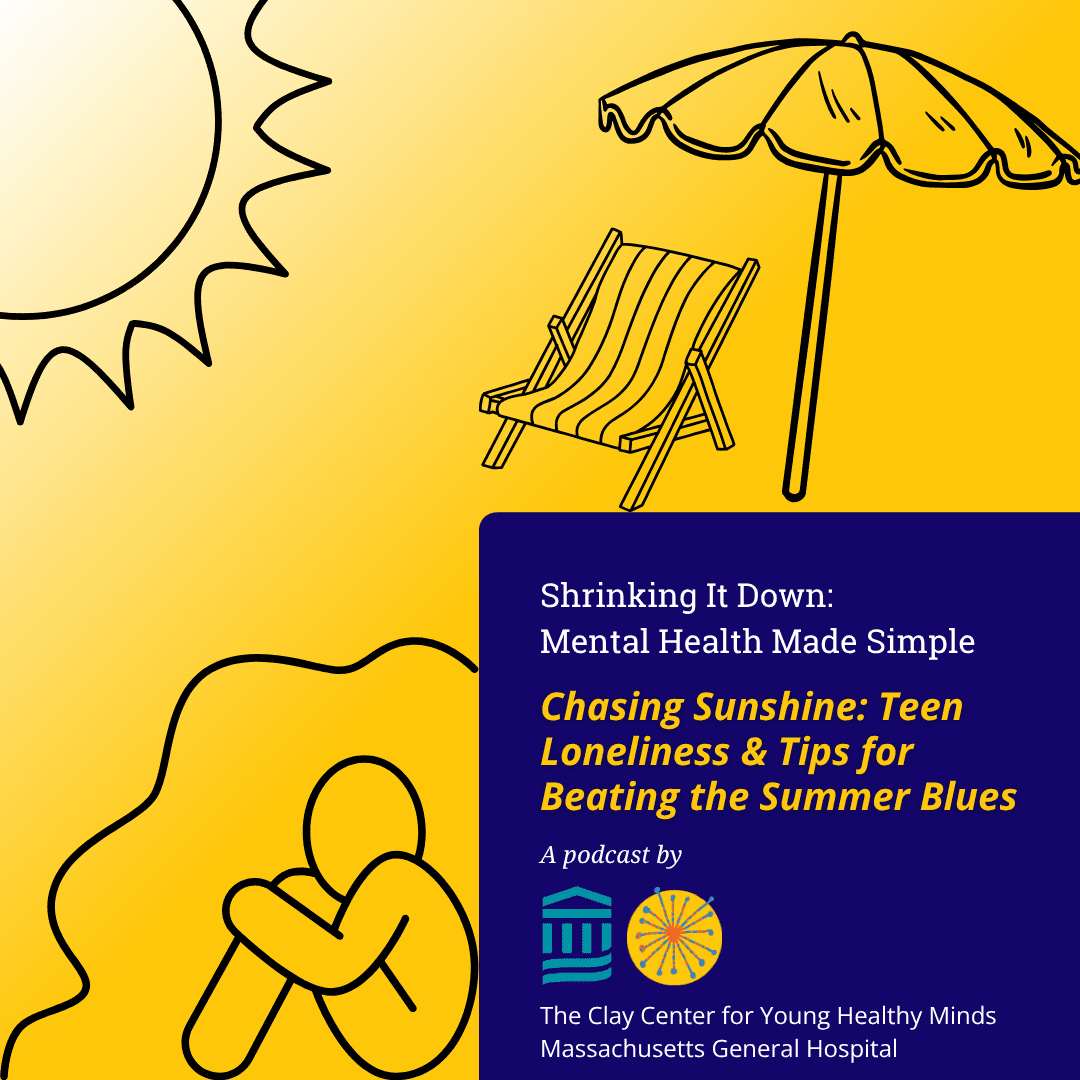
While the summer is usually painted as time of fun, freedom, and relaxation, for many teens it can feel like the exact opposite — disconnected, isolating, and emotionally heavy. Without the daily structure of school or regular peer interaction, teens can find themselves feeling invisible, left out, or unsure of where they belong.
The Vital Role and Methods of Mental Health Advocacy
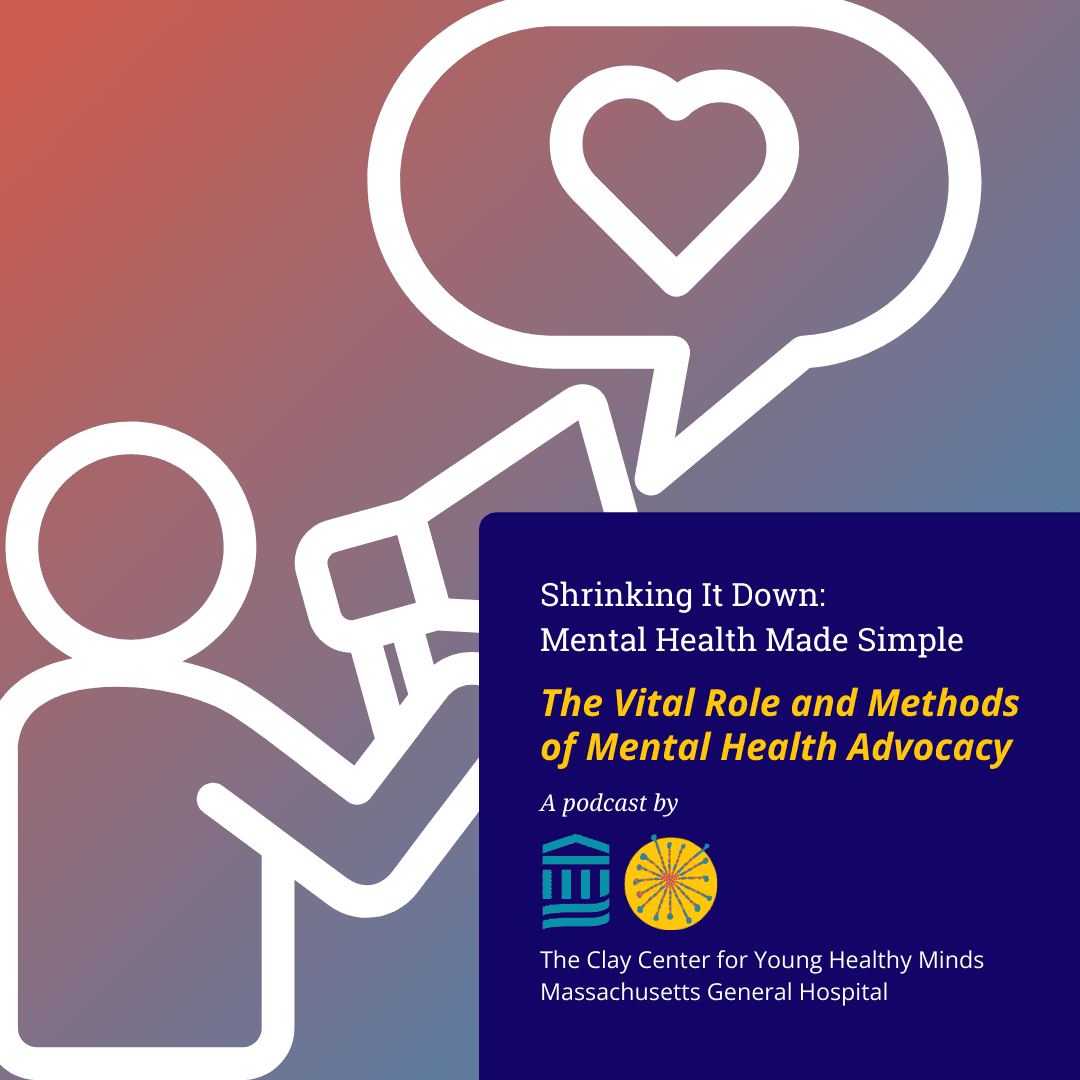
Why are our young people struggling so much?
In this special episode for Mental Health Awareness Month, Gene and Khadijah dive into the growing youth mental health epidemic.
More than Just a Picky Eater – ARFID
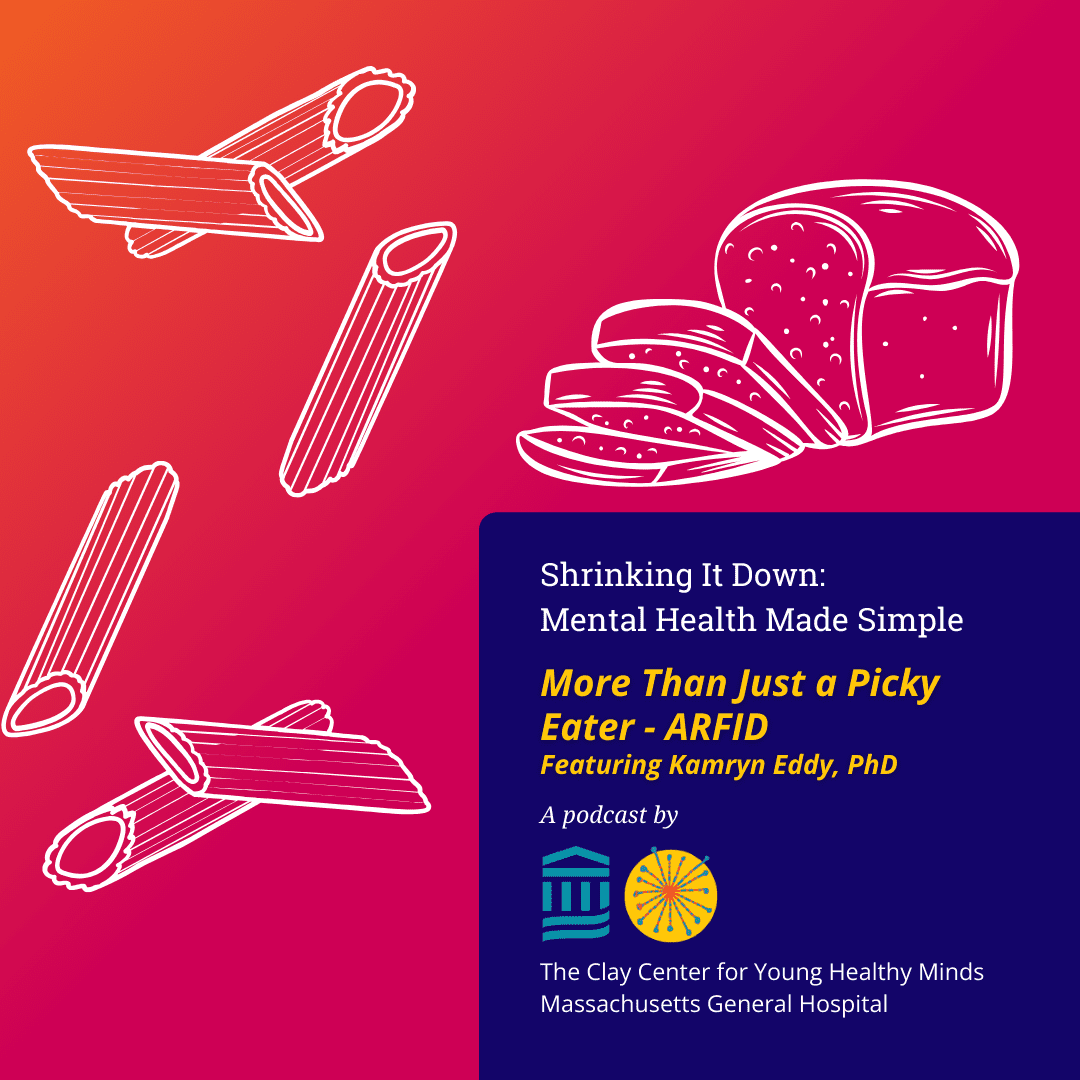
Almost everyone knows a picky eater, either from their own childhood or from their child’s experiences. But sometimes picky eating goes beyond a simple preference for plain pasta.
In this episode of Shrinking it Down: Mental Health Made Simple, Gene and Khadijah sit down with Dr.
Teen Nicotine Use
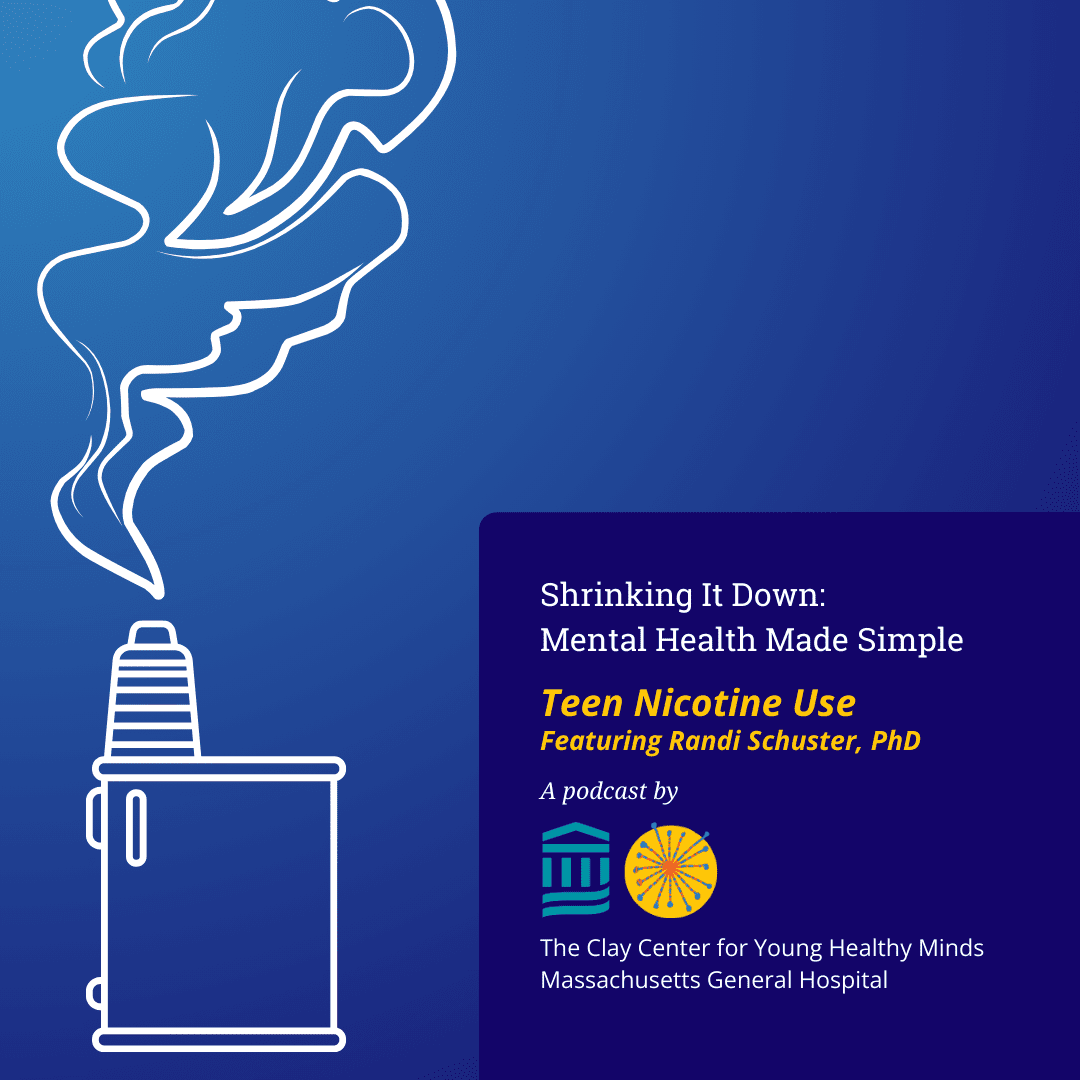
In 2024, the CDC reported that 1 in 29 middle school and 1 in 13 high school students vaped in the past month. This statistic is especially troubling, given that 9 in 10 adults who smoke daily first tried smoking by the age of 18.
In this episode of Shrinking it Down, Dr.
Addressing Your Family’s Anxieties about the California Wildfires
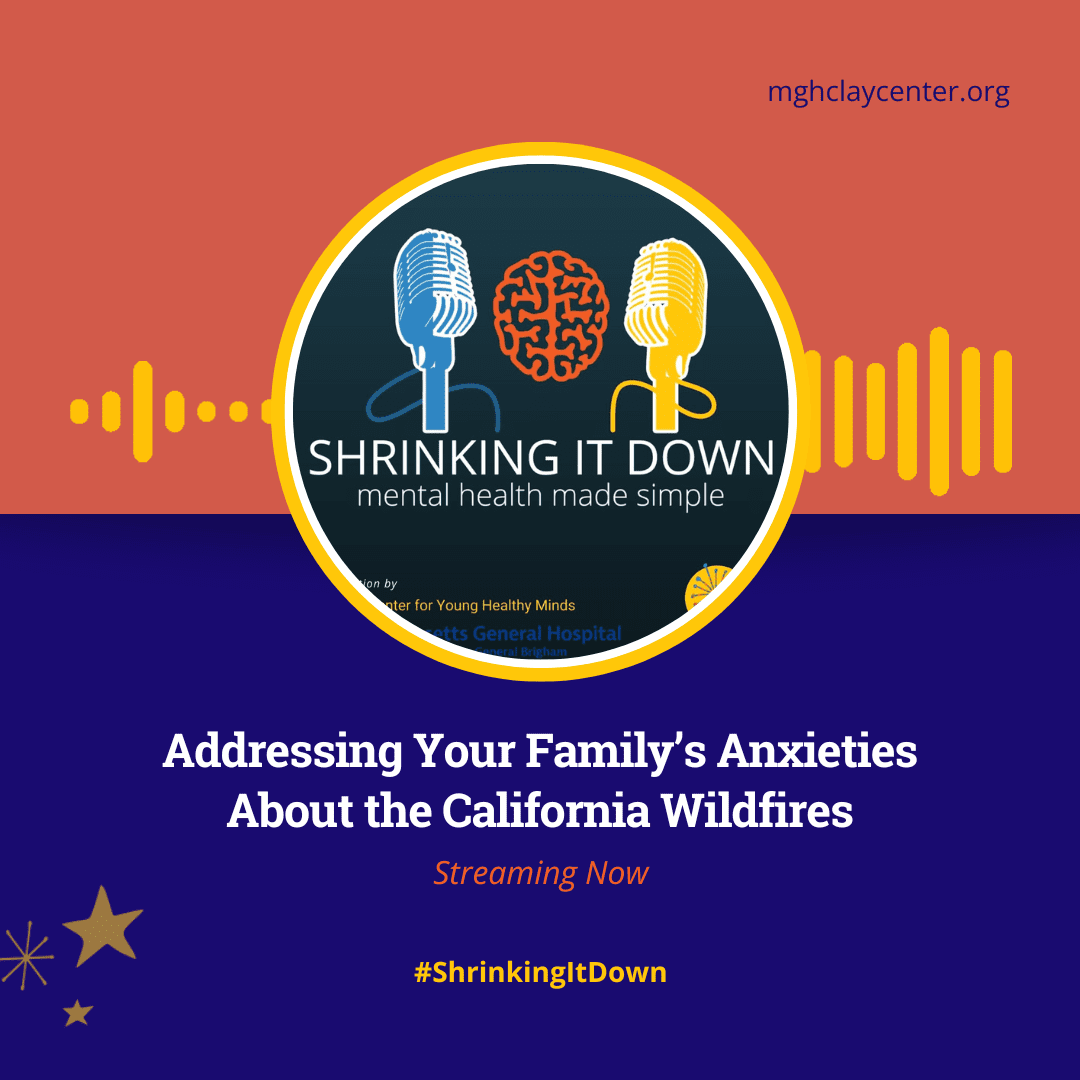
The Palisades Fire has been devastating California since the start of the year, destroying over 23,000 acres and nearly 5,000 structures.
Parents Under Pressure: A Response to the Recent U.S. Surgeon General’s Advisory on the Mental Health
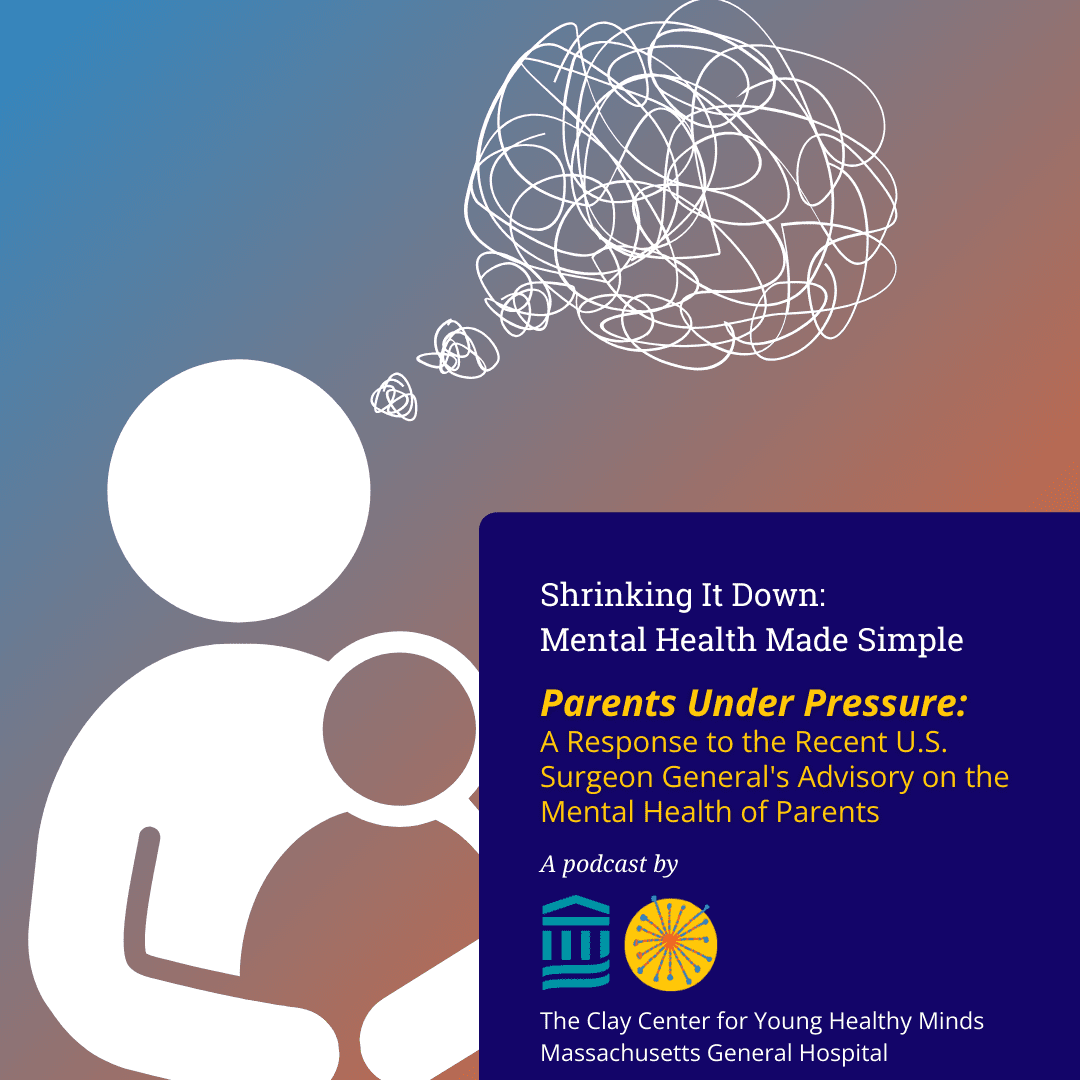
In the recent Advisory, Parents Under Pressure, the US Surgeon General noted that parents are currently more stressed, burned out, and lonely than ever before. The alarming statistics are not all that different than his Advisories on the Youth Mental Health and Loneliness Epidemics that have been escalating since the late 1970s.
Supporting Youth in a World Riddled by Conflict
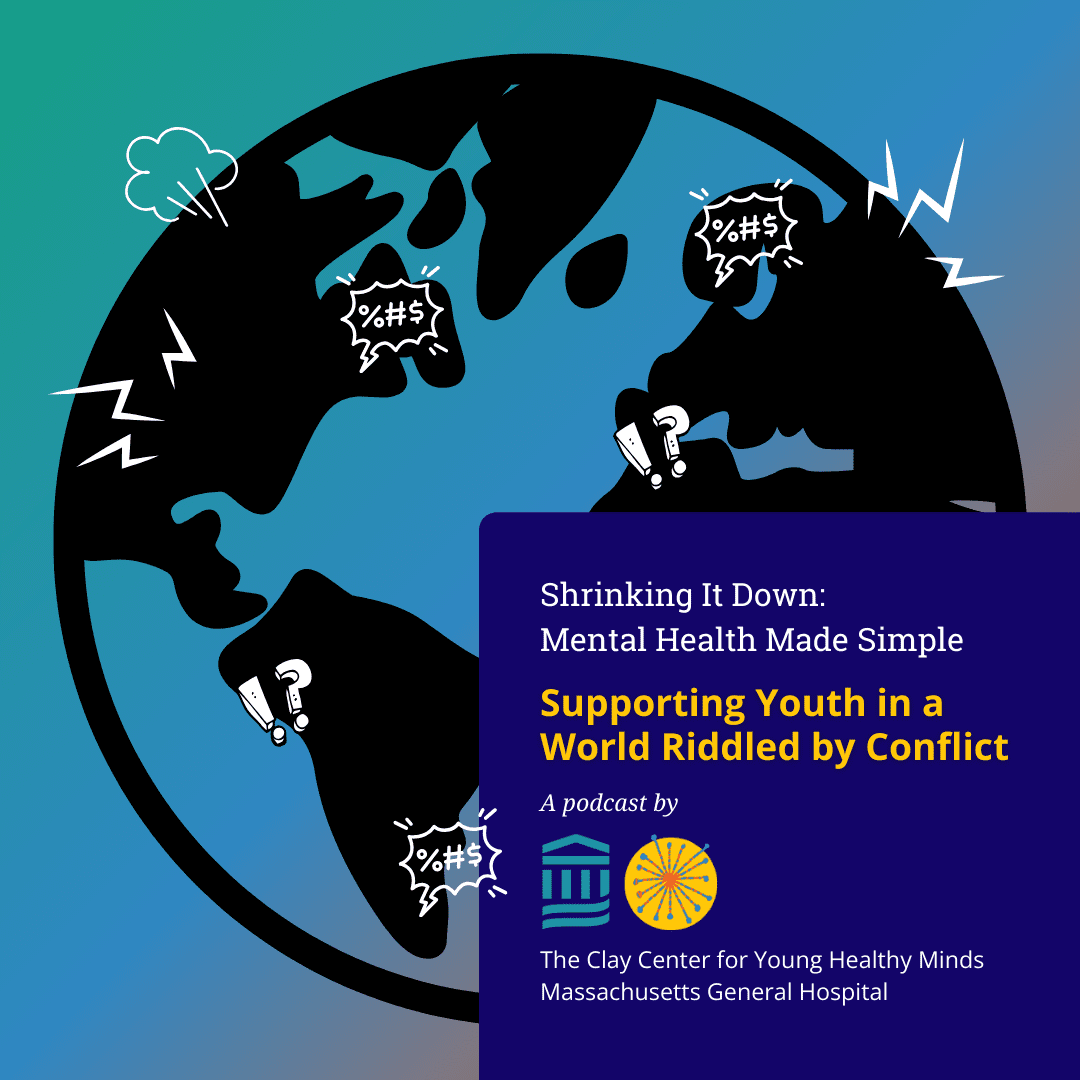
Let’s be honest, we’re all stressed.
We’re stressed about climate change, world crises, the upcoming election, or even just the common stressors of everyday life: economic pressures, relationship issues, burnout, you name it. So, with all stress, our conversations can easily become more uncivilized.
Navigating Special Education in Schools Part 2: Working with the Team and Your Child
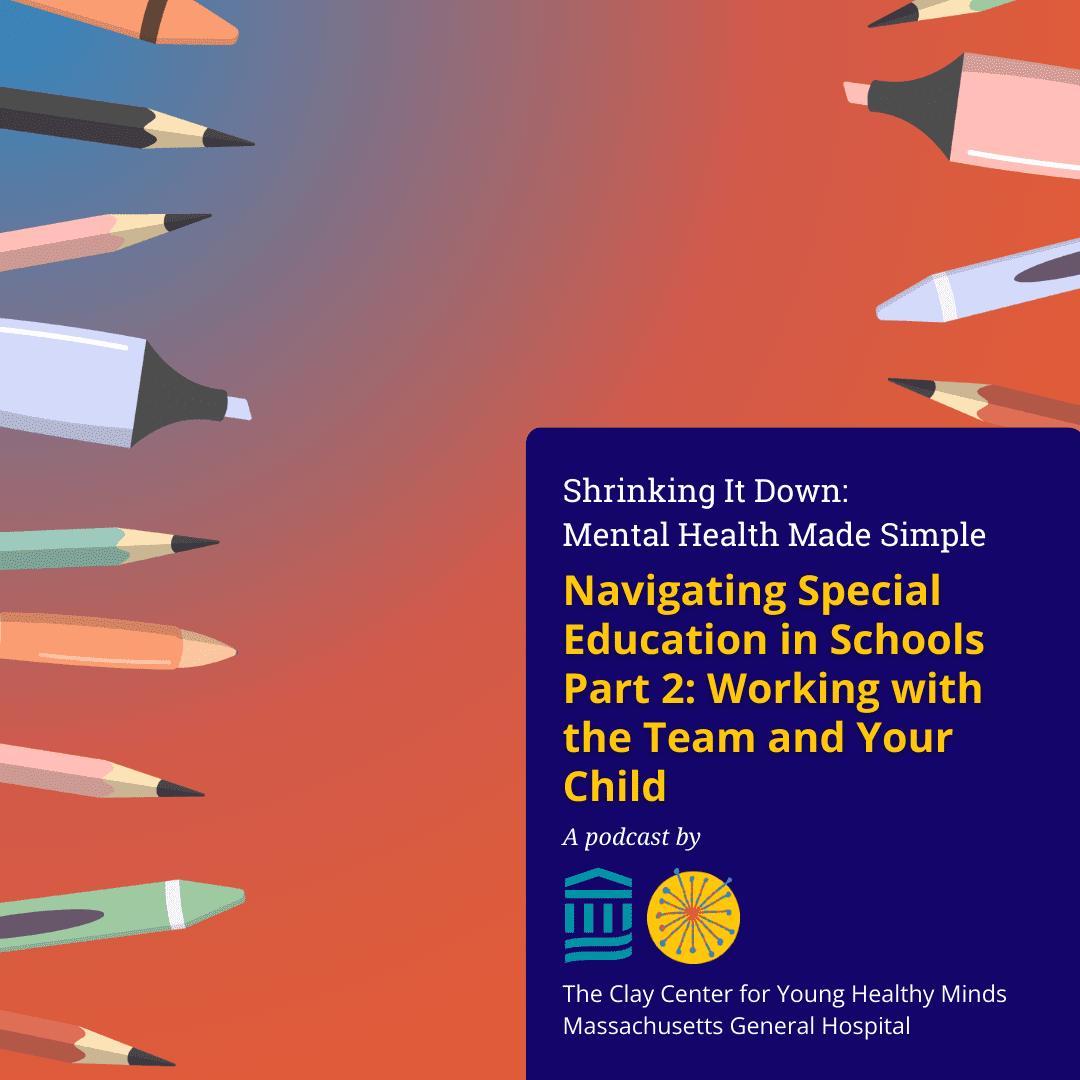
This is the first blog post in a two-part series on navigating special education in schools. The focus of this first post is on general legal and practical tips for parents. The second post focuses on working with the IEP and your child.
Navigating Special Education in Schools Part 1: Legal and Practical Tips
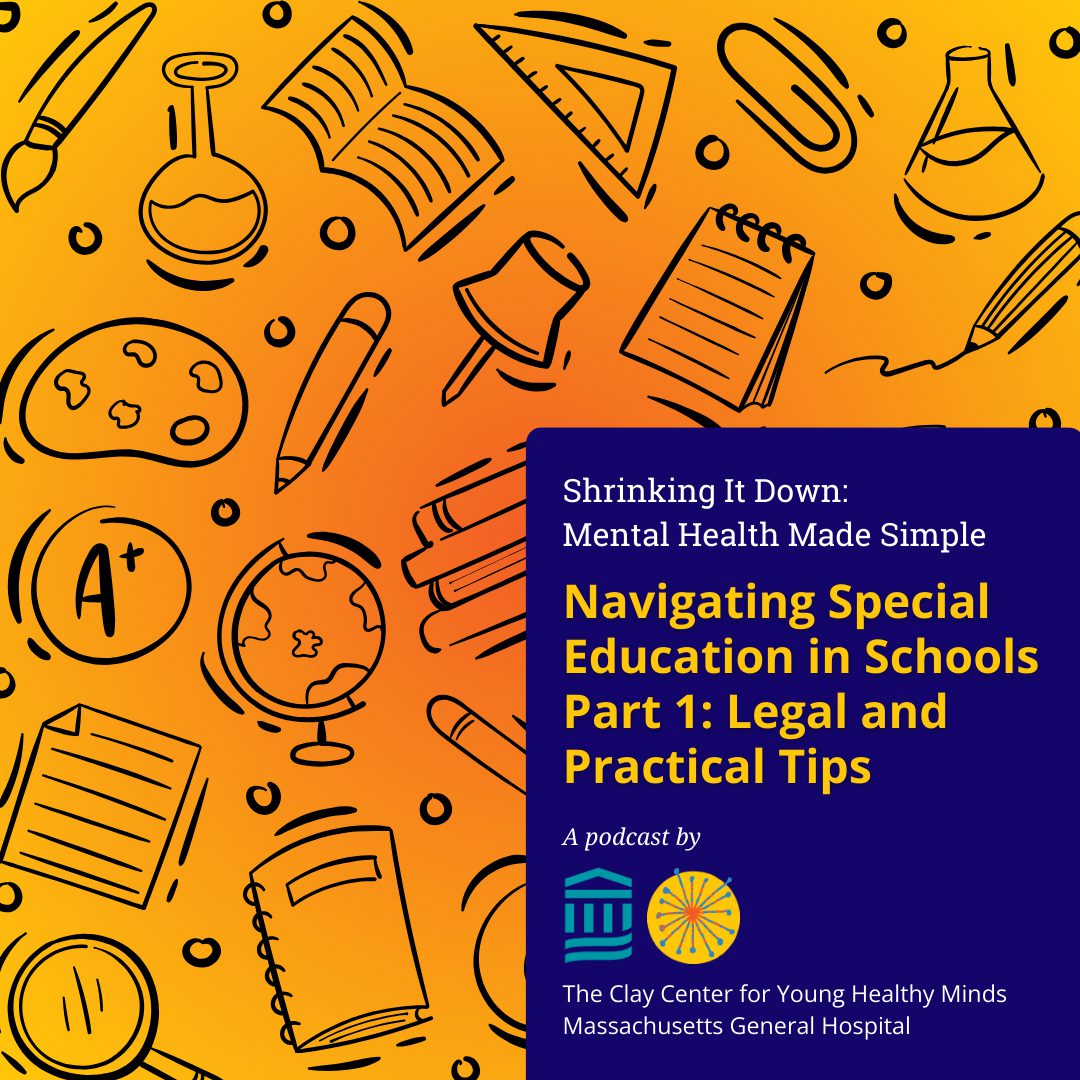
This is the first blog post in a two-part series on navigating special education in schools. The focus of this first post is on general legal and practical tips for parents. The second post focuses on working with the IEP and your child.
Stories for Children’s Mental Health
Stories Matter, especially when it comes to children’s mental health and wellbeing.
For our season finale, Gene and Khadijah are joined by two special guests from Barefoot Books – book editor Lisa Rosinsky and children’s author Joelle Retener.



